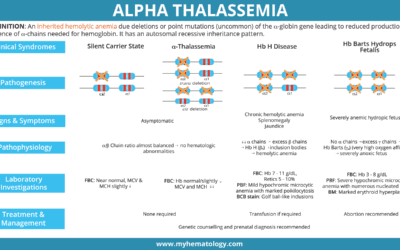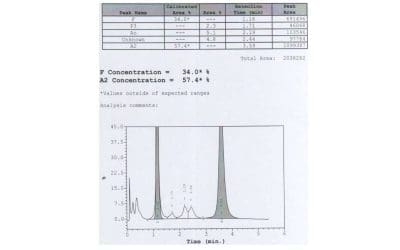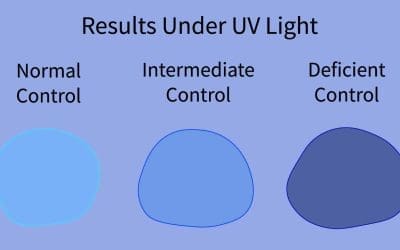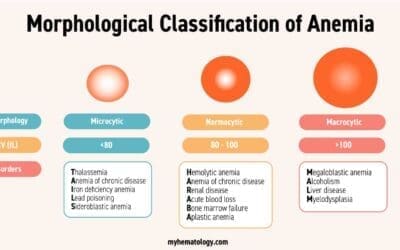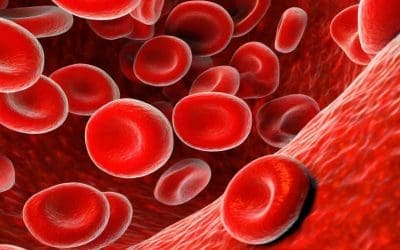Lead poisoning is preventable. Learn about risks in homes, water, and toys. Find out how to test and reduce exposure.
A Guide to At Home Iron Test
At-home iron tests offer a convenient and accessible way to monitor your iron levels and identify potential deficiencies early on
Understanding the Spleen, Splenomegaly & Splenic Pain
The spleen: A key organ for immunity and blood filtration. Learn about its function, location, and related health issues.

Paroxysmal Cold Hemoglobinuria
Paroxysmal cold hemoglobinuria (PCH) is a rare autoimmune anemia. Cold exposure triggers red cell destruction, causing dark urine, back pain, and chills. Diagnosis relies on the Donath-Landsteiner test.

Paroxysmal Nocturnal Hemoglobinuria (PNH)
Paroxysmal nocturnal hemoglobinuria (PNH): An acquired blood disease where the immune system attacks red cells due to a mutation in the X chromosome.
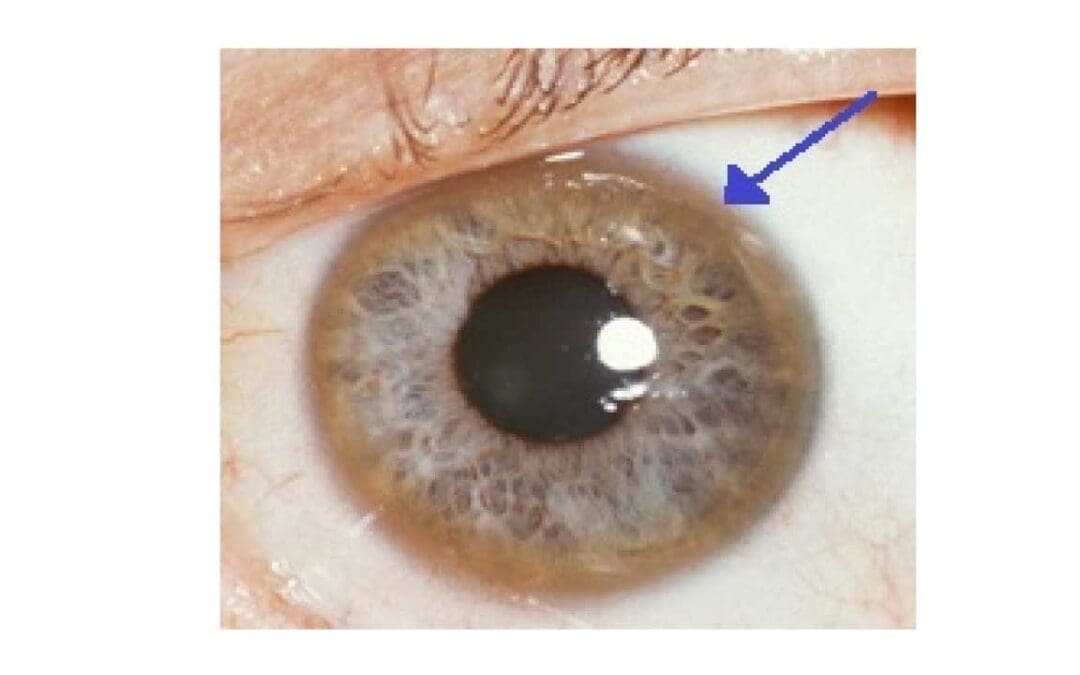
Wilson’s Disease
Wilson’s disease: A rare genetic disorder causing toxic copper buildup in the liver and brain. Early diagnosis and lifelong treatment are crucial.
Hemolysate Preparation for Hb Electrophoresis or Alkaline Denaturation Tests
Red blood cells lysed to release hemoglobin for Hb electrophoresis and alkaline denaturation test. Hemolysate preparation requires careful steps to ensure accuracy and reliability of results.
Alpha Thalassemia
Alpha thalassemia is an inherited blood disorder that causes less alpha globin production, leading to less hemoglobin formation thus resulting in anemia.
High Performance Liquid Chromatography (HPLC) for Hemoglobinopathies Screening
HPLC for hemoglobin subtype identification separates and quantifies different hemoglobin variants based on their unique chromatographic properties.
Glucose-6-Phosphate Dehydrogenase (G6PD) Fluorescent Spot Test (G6PD Test)
The G6PD fluorescent spot test is a rapid and simple screening method for G6PD deficiency that utilizes the enzyme’s ability to reduce NADP+ to NADPH.
Anemia: Types, Symptoms & Treatment
Anemia is a condition characterized by a deficiency in red blood cells or hemoglobin below the physiological need of the body.
Red Blood Cells (RBCs): An Overview
Red blood cells are biconcave disc-shaped cells that transport oxygen from the lungs to other parts of the body.


